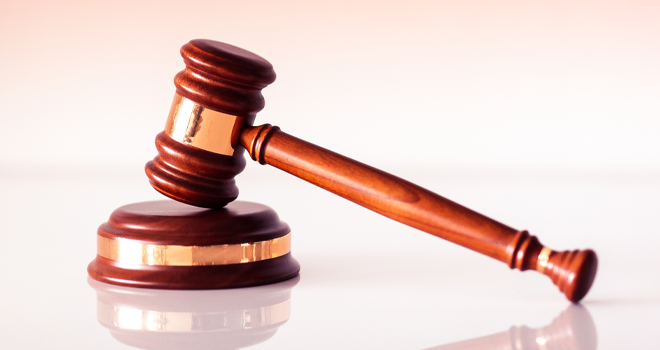“Since 1 January 1954 all wills must be in writing. They can be written by hand, typed or printed. The signature of the testator/testatrix must appear at the end of the will. This signature must be made in the presence of two or more competent witnesses. The witnesses must attest and sign the will in the presence of the testator/testatrix and of each other. If the will consists of more than one page, each page other than the page on which it ends must be signed anywhere on the page by the testator/testatrix. Although the testator/testatrix must sign all the pages of the will, only the last page of the will needs to be signed by the witnesses,” according to the Master of the High Court. A recent court case also highlights the importance of the witnesses’ signatures.
The social distancing requirements in lockdown have therefore made it impossible to execute a will legally. As a result, the Fiduciary Institute of Southern Africa (Fisa) has made an urgent submission to the department of justice and constitutional development to consider having the drafting and execution of a will declared an essential service under the lockdown regulations.
Louis van Vuren, the CEO of Fisa, told the media recently that the organisation is receiving queries on a daily basis from professional fiduciary members asking how wills can be executed in a time of lockdown. David Thomson, a certified financial planner and a senior legal adviser at Sanlam Trust, also mentioned that almost 80% of South Africans don’t have a valid will in place, according to the Master of the High Court.
Van Vuren was also quoted in Business Report where he shared possible ways to executive a will during lockdown:
| ● | If the testator is a terminally ill patient in a hospital, the testator could sign in the presence of two nursing staff members who can sign as witnesses. |
| ● | If your relationship with your neighbours is such that you are comfortable that they sign as witnesses, you can place the will document through or over the fence and confirm to them on the other side of the fence that it is your signature that appears on the document. They can sign while you observe over or through the fence, complying with the requirement that the signing by the witnesses must be in the presence of the testator. |
| ● | It is not clear whether the local police station would be willing to allow SA Police Service members to sign as witnesses to a will if you walk into the police station and ask them to. In our view, this might be dangerous, given that it is not yet viewed as an essential service. |
| ● | Where none of the above is an option, the common-sense approach would be to date and sign the will properly, and also draft and sign a memorandum or letter making it clear why the will was not signed by witnesses, stating that the will is intended to be your last will and testament. The will can also be scanned after signature and emailed to a fiduciary practitioner. |
“This course of action will increase the chances of a successful application to order the Master of the High Court to accept the will as valid,” Van Vuren says.
As soon as Fisa publishes more feedback from the department of justice and constitutional development we will publish it.



